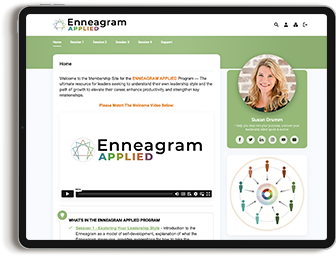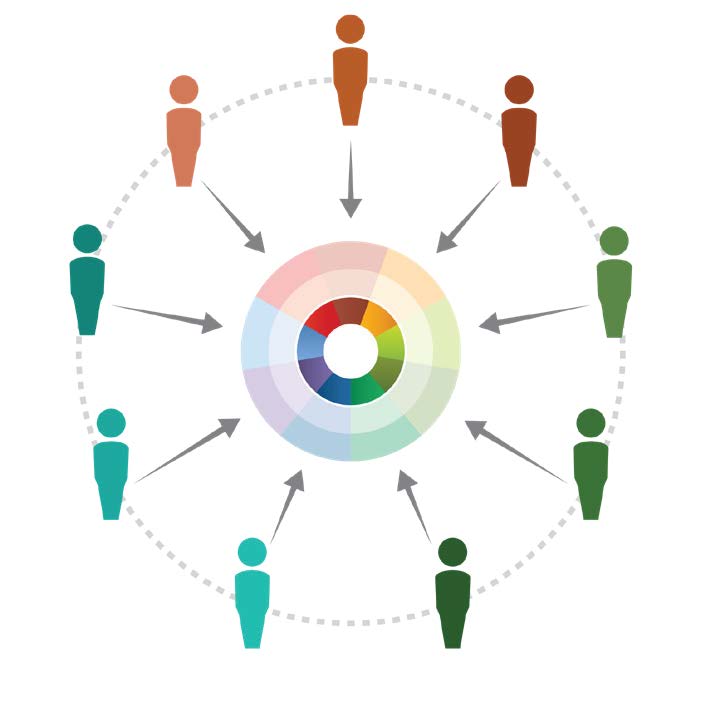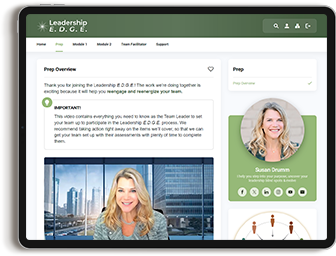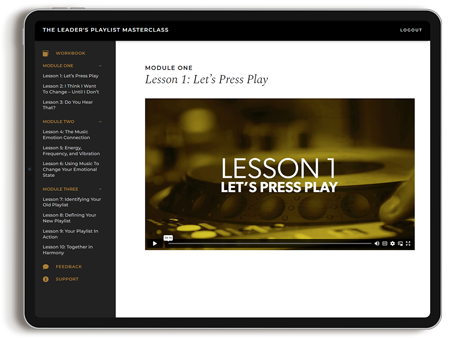Mastering Feedback with Joan Hibdon
Are you giving feedback that’s ultimately producing the results that you want from the team? Is your feedback changing behavior?
I recently had the pleasure of speaking with Joan Hibdon, author of “The Leader’s Guide to Mastering Feedback.”
The Art of Effective Feedback
One of the key takeaways from Joan’s insights is the importance of compassion and understanding how the feedback may land for the receiver.
Leaders can sometimes forget that those receiving feedback may need time to process it before they can even consider solutions. This patience and understanding can foster a healthier environment for growth.
- Action tip: Allow the receiver time to digest the feedback before looking to plan out next steps. This will allow the receiver to not feel as defensive and use it to fuel their growth process as a leader.
Regular Feedback: Building a Habit
Feedback should not be an occasional event (and certainly not just at the end of the year) but a regular practice.
Like honing a skill, consistent feedback helps normalize the process, making it a natural part of professional interactions.
Regular interactions help integrate feedback casually and effectively.
- Tip: Implement a routine of providing small, constructive feedback as a course of business. Try to meet with your team members individually either once a week, or once a month to start. This builds familiarity and reduces anxiety around the process, for both the giver and the receiver.
Transparency Over Sandwiches
Typical advice for feedback is making it into a feedback sandwich; i.e. when a manager offers a piece of negative feedback “sandwiched” between two positive ones, thus easing the blow of the critique.
And yet, the traditional “feedback sandwich” might not always be the best approach. Instead, Joan advocates for authenticity and transparency.
Clear and honest feedback, delivered thoughtfully, is far more effective than wrapping criticism between layers of praise.
- Action tip: Focus on being direct and honest and one way to do this is to practice on your own what you would say if you could say anything. Then do your best to be as direct as you can using the intention of practice while still considering your word choices. Ensure your feedback’s intention is clear—it’s about the recipient’s development, not just maintaining a balance between positives and negatives.
Embracing Unfiltered Feedback
Fear often holds leaders back from giving genuine feedback.
Unfiltered feedback, also known as anonymous feedback, can be beneficial in the workplace because it can help employees feel safe sharing their honest opinions without fear of reprisal.
Joan believes embracing unfiltered feedback is extremely important. It can refer to frank and uncensored insights, or feedback that is delivered without professional or constructive filters.
Joan’s advice is to practice in a private setting first, which helps refine the message for a more constructive and effective conversation.
- Next step: Practice delivering your candid feedback with a trusted colleague. Express your thoughts freely, then refine them to be constructive and actionable before approaching the actual recipient.
Feedback in Daily Scenarios Outside of the Workplace
Becoming adept at giving feedback starts with everyday practice.
Joan suggests observing where you hold back and finding opportunities to practice in non-work environments.
- Think about it: The next time your coffee isn’t quite right, speak up. It’s a simple yet effective way to practice giving feedback without the high stakes, building your confidence over time.
Through mastering the art of feedback, leaders can drive impactful results and foster meaningful professional relationships, all one conversation at a time.
Joan also shared…
- The significance of recognizing and correcting patterns early within a team.
- Strategies for addressing leaders’ fears related to giving candid feedback.
- Practical exercises for improving feedback comfort in everyday scenarios.
If you liked this episode, you may also benefit from hearing:




